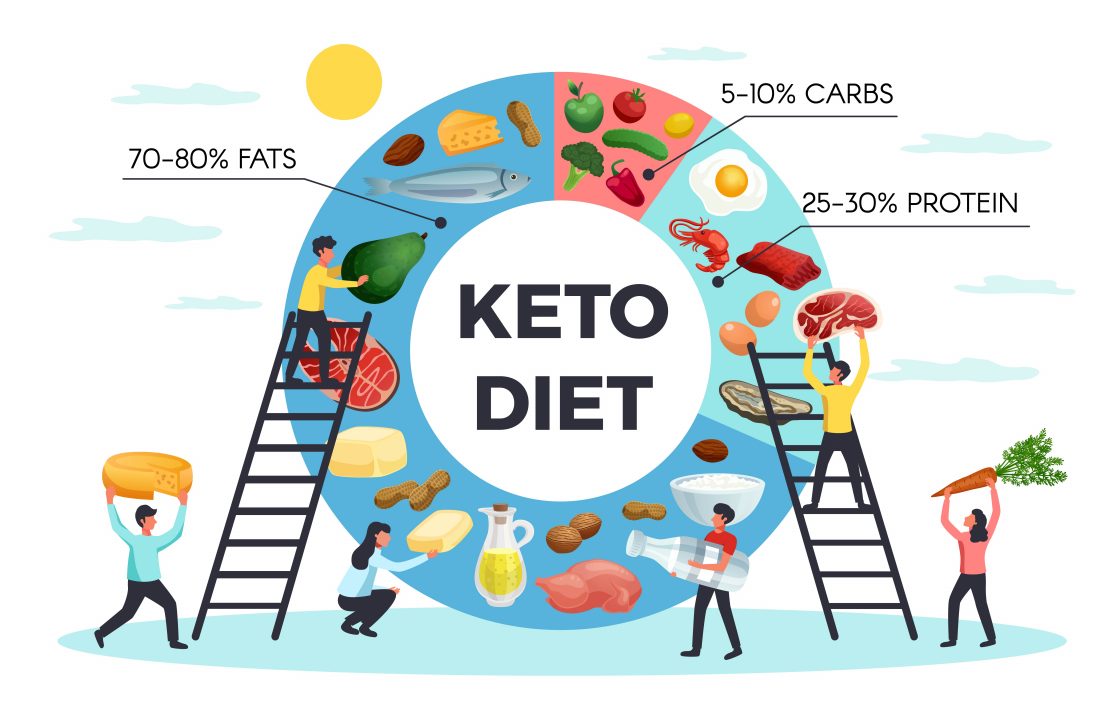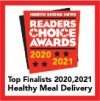Fish is an essential part of a healthy diet. Fish and other seafood are the major sources of healthful long-chain omega-3 fats. They are also rich in other nutrients such as vitamin D and selenium, high in protein and low in saturated fat. There is strong evidence that eating fish or taking fish oil is good for the heart and blood vessels.
Wild vs. Farmed Salmon: Which Type of Salmon Is Healthier?
Salmon is an excellent source of omega-3 fatty acids. Omega-3 fatty acids are found in every kind of fish but are incredibly high in fish such as salmon that store a lot of oils in their muscles. Omega-3 fatty acids reduce the risk of cardiovascular disease in adults and promote healthy vision and brain development in infants.
However, a 2016 study found that over the previous 10 years, the omega-3s in farmed salmon had fallen about 50 percent because farms were switching from feeding their salmon fishmeal (ground-up bits of fish) with plant-based sources such as soybeans. What is more, farmed Atlantic salmon has three times more saturated fat (the bad kind of fat) than wild Pacific salmon, according to the U.S. Department of Agriculture. (Most wild salmon sold in the United States is from the Pacific.)
Heavy metals, such as mercury, can create oxidative stress in the human body. Oxidative stress can cause damage to the cells, which can, in turn, cause a variety of disorders.
Other heavy metals in fish include:
- arsenic
- cadmium
- lead
- mercury
One study found that wild Atlantic salmon contained more mercury than farmed Atlantic salmon.
All salmon have some level of mercury in their tissues. The omega-3s in salmon may prevent mercury damages.
Fish farmers sometimes give the salmon antibiotics and animal drugs to keep them healthy. Some people have concerns that antibiotics could increase human antibiotic resistance. Wild salmon have less exposure to animal drugs compared to farmed salmon. Choosing wild salmon is the safest option for people worried about ingesting animal drugs.
Fresh Fish Vs. Frozen Fish: Which Is Better?
Freezing does not reduce the nutritional content of fish in most cases. Protein, fat, and fat-soluble vitamins such as vitamins A and D do not affect by the freezing process itself. However, when you thaw the fish, you can lose some water content as the fish thaws. The water may contain some of the water-soluble vitamins and minerals. If you use all the water lost from the fish for cooking, you will retain the vitamins and minerals. Because fresh fish doesn’t lose any water content, it won’t lose any vitamins or minerals.
Fish is a rich source of omega-3 fatty acids, an essential fatty acid that promotes heart health. Although it might seem that fresh fish would be a healthier choice than frozen, the truth is that both fresh and frozen types can be healthy choices, as long as you store and prepare them properly.
Healthy Fish Cooking Methods
Fish is a healthy food that’s a great addition to any diet. However, the type of fish, cooking method, length of cooking time, and cooking oil can all affect the nutrition content of your fish.
Overall, the healthiest cooking methods limit the loss of omega-3 fats, retain most nutrients, and minimize the formation of harmful compounds.
In general, this means that sous vide, microwaving, baking, steaming, and poaching your fish are your best bets. On the other hand, deep-frying fish is the worst method of cooking.
References:
https://www.nature.com/articles/srep21892#s1
https://www.sciencedirect.com/science/article/pii/S0013935116311811?via%3Dihub
https://www.fda.gov/food/resourcesforyou/consumers/ucm077331.htm
https://www.ncbi.nlm.nih.gov/pmc/articles/PMC6109546/
https://www.sciencedirect.com/science/article/pii/S1878450X11000035
https://www.ncbi.nlm.nih.gov/pmc/articles/PMC3550962/








